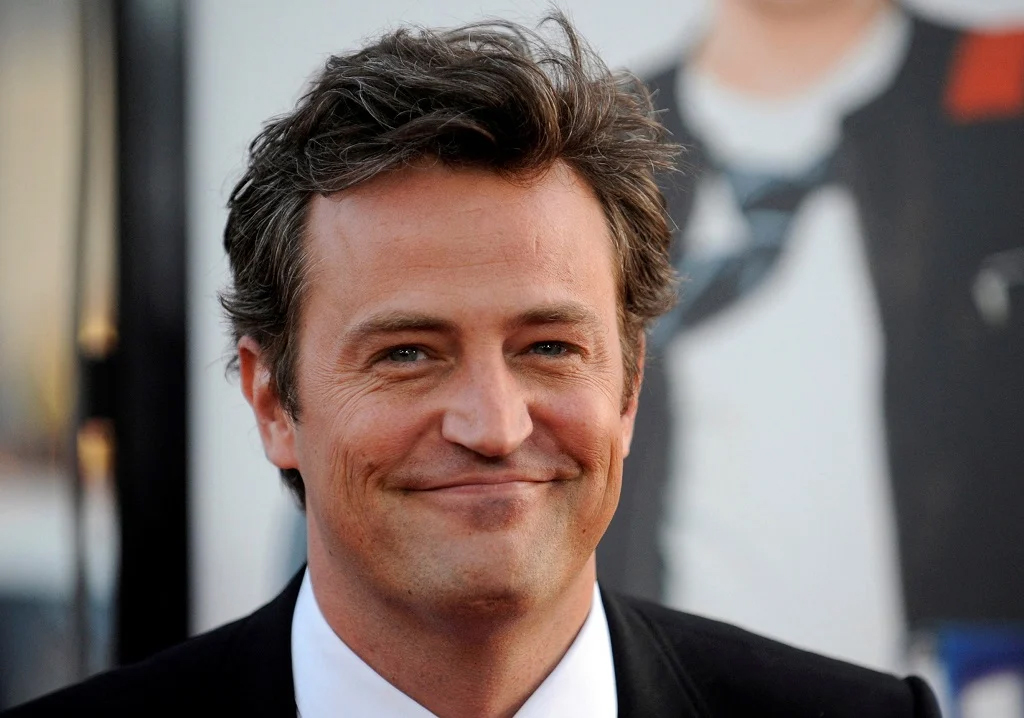A little story of letting go
As many of you know my younger son who is 13 is currently doing online school due to his ongoing difficulties at school over many years. We made the decision last December during the Christmas holidays and he was keen to give this format a try, after realizing that he had got on quite well with it over lockdown.
After over 4 years of on/off battles getting him into school, him more often than not struggling to get through a whole day without a phone call or needing to retreat from the classroom, picking him up from school where he would put on the brave face, say goodbye to everyone, and then get in the car and cry all the way home (over 30 minute drive), we all felt pretty broken.
He had had a handful of absolutely amazing teachers who had championed him, worked side by side with us, tried everything to support him and were willing him on with all their might, and our son kept trying. He kept trying to understand what his feelings were when he was asked, trying the endless new accommodations we all hoped might help him, trying to outrun the feelings and the overwhelm, trying to battle on and use some of the insights he had been provided by helpful SEN staff & a psychologist he was seeing, trying, trying, trying. But he just became more and more depleted and extremely stressed. For all of us the elastic snapped. Enough.
We had absolutely no idea what the next step would look like at the time, we just knew something had to be better than this. Whilst it has not always been straightforward since then, we remind ourselves when things feel tricky that our son has come so very far from the distressed and intensely anxious boy he was then.. he still finds navigating and making sense of life unnerving, he is still highly sensitive, he is still an infuriatingly picky eater, specific about friends (one or two is plenty) and can often find new situations overwhelming – but he is generally a happy soul and is getting so much stronger at befriending himself.
We don’t know where we go from here, and we can still feel hugely stressed or confused by this, asking ourselves the age old questions of whether we are doing enough by him, making the right decisions, and THAT has been our greatest prompt for letting go… that in the end (as we have walked a challenging journey with our eldest son before) there isn’t going to be THE RIGHT answer; it’s all a matter of seeking help where we can, asking others, sharing stories, doing a bit of reading, a bit of research, but most of all, remembering that we are walking side by side with him and not to forget that he will be finding alot of his own way without any of our involvement, working it out – we just have to let go of the idea that there will be a right solution – EVER – no matter how many professional and experts we & he might see.
The solution, or the path for him, is being worked out every day and we keep reminding ourselves to let go of expectations. When we do it truly does make all the difference as there is space for him (and us) to just listen to each other and perhaps see each other more clearly.

Matthew Perry (1969-2023)
I think we were all affected by the news of Matthew Perry’s death. When we have a a child who struggles with their mental well-being it hits you in a particular place when you hear of talented, able, loved souls who somehow can’t find their peace in the world. It’s every parent’s ultimate fear that their child will choose not to stay and it’s something over which we have no control – no control over any of the outcomes of all the love we choose to give. There has been much chat on the What’s App group about the importance of sharing stories like Mathew’s in order to promote more understanding and also it was HIS profound wish that people did – to facilitate better avenues for help and recovery. In the latter years, ironically friends and colleagues spoke of how he had been in a much steadier, happier state and how much work he was doing to support others, turning his former Malibu home into The Perry House, a transitional space that helped recovering addicts ease back into their regular lives – ‘If you’re thrown from treatment to the outside world, sometimes it’s too bumpy. Alot of people think that addiction is a choice. Alot of people think it’s a matter of will. That has not been my experience. I don’t find it anything to do with strength.’
Matthew’s memoir is called Friends, Lovers, and the Big Terrible Thing.
“When I die, I don’t want ‘Friends’ to be the first thing that’s mentioned, I want helping people to be the first thing that’s mentioned, and I’m gonna live the rest of my life proving that.”
Reflections from Philip Trenchard talk in October:
Postcards from Family Therapy
- Inter-generational trauma: Philip noted that family therapy can be really helpful in the case of stories of trauma within a family which can be transformed when ‘a generation can find resources and a sense of resilience to work it out rather than act it out.’
- Encouraging dialogue and communication
- Family therapy can help to work out family roles which may be formed through feelings of being ignored, being overly-controlled, being the ‘wrong’ one, the ‘good’ one – and how this causes behaviour, sometimes negative like manipulation, aggression, withdrawal. In ‘high-stress’ families he spoke about some of the classic roles that siblings can take on eg the enabler, the lost child, the scapegoat, the family hero.
- How to foster recovery of relationship between siblings when one sibling has caused so much rupture and challenge?… they need first to be heard, to hear their pain/anger/fear & how it has impacted them; to understand that there may be a feeling of trauma from the experience; then perhaps encouraging a situation where repair & communication can happen ie where the one who has caused rupture can play an interested or supportive role with the other eg helping them with something, watching or taking interest in something that they do. The most important message being to hear them, to validate their feelings & create space and time for healing. This is where family therapy can be so helpful as it provides the hopefully safe, managed space for feelings to be expressed and held.
– as ever to all our brilliant speakers, thank you so much Philip.
NOVEMBER TALK
Thursday 23rd November @ 10am
Supporting & Understanding Your Child on the Autistic Spectrum
Clare Ward is one of the founders of Special Networks (www.specialnetworks.co.uk), a multidisciplinary team which provides training, research, therapy and consultancy for individuals, schools, families and organisations. Originally trained as a Speech and Language Therapist with many years working in the NHS, Social Services and education, she uses her knowledge and experience to offer flexible solutions to families and young people, some of whom may have a diagnosis of autism or ADHD. She co-authored and illustrated The Anxiety Workbook for Supporting Teens who Learn Differently and she has training in Acceptance Commitment Therapy (ACT) and Dialectical Behaviour Training (DBT) which she has found really beneficial when working with parents and carers.
Clare will come and talk to us about her understanding of the difficulties many young people face, especially those who are neurodivergent, and how this can affect the experience of school, learning, home-life and relationships and most importantly how parents can support them. If you have any questions you would like to send us in advance we can share these with Clare to prepare!

